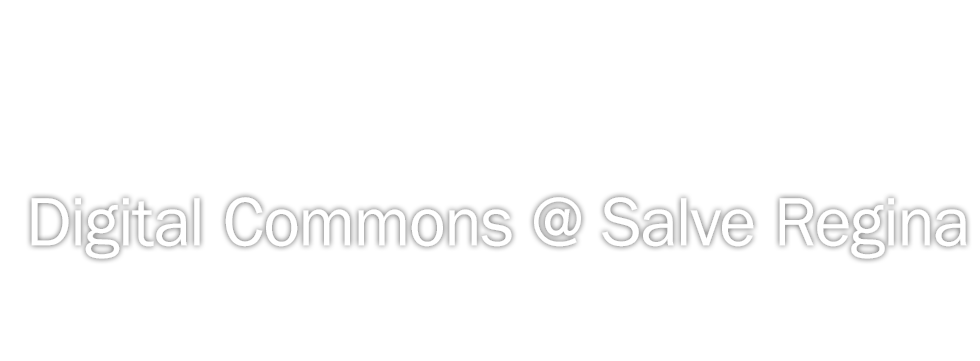Document Type
Article
Abstract
Simulations are employed widely as teaching tools in political science, yet evidence of their pedagogical effectiveness, in comparison to other methods of instruction, is mixed. The assessment of learning outcomes is often a secondary concern in simulation design, and the qualitative and quantitative methods used to evaluate outcomes are frequently based on faulty paradigms of the learning process and inappropriate indicators. Correctly incorporating assessment into simulation design requires that an instructor identify whether a simulation should produce positive changes in students' substantive knowledge, skills, and/or affective characteristics. The simulation must then be assessed in ways that accurately measure whether these goals have been achieved. Proper assessment can help demonstrate that simulations are productive tools for learning and that their popularity in the classroom is justified.
Rights Statement
In Copyright - Educational Use Permitted. URI: http://rightsstatements.org/vocab/InC-EDU/1.0/
This Item is protected by copyright and/or related rights. You are free to use this Item in any way that is permitted by the copyright and related rights legislation that applies to your use. In addition, no permission is required from the rights-holder(s) for educational uses. For other uses, you need to obtain permission from the rights-holder(s).


Comments
Published in: Journal of Political Science Education.(2013), Vol. 9 Issue 2, pp. 157-167.